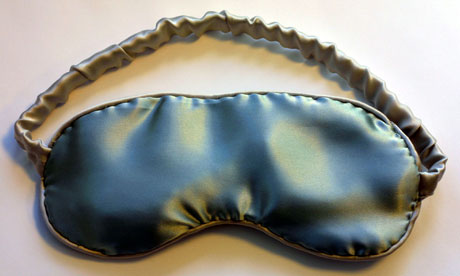
We do sleep studies in the hospital on most nights, using machines to monitor changes in the patient's body. These can also be done at their home. In a home study, we're usually looking for obstructive sleep apnoea, the commonest sleep disorder. The patient must wear a band around their tummy and chest, a finger probe to measure oxygen levels, a snoring microphone and an air sensor under the nose – to discover if the airway has collapsed at night. If untreated, people with sleep apnoea are more likely to crash their car, and it can obviously affect someone's work or relationships, because they are so sleepy.
The fastest-growing component of our work is obesity – you cannot breathe easily at night when your muscles, including your breathing muscles, become floppier. But we're also amazed by the things people do – we get those who listen to their iPods all night and then ask why they can't sleep.
On Monday mornings, I meet the patients whose sleep studies were done in the lab the night before, to find out what their problems are and recommend treatments. We saw a man whose legs seemed to be moving continuously through the night, and tried to decide if an obscure type of epilepsy seizure disorder was responsible.
My background is in chest medicine, so I also care for people in advanced lung disease. On Tuesday, I saw one patient who has motor neurone disease. We can assist such patients with a special ventilator that blows air rhythmically.
Sleep is so important to health and quality of life that it is always incredibly rewarding to treat a sleep problem.
Professor Michael Polkey is a consultant respiratory physician in the sleep clinic atRoyal Brompton Hospital in London.

